Owen Jones
-

-

Neuroscientists can measure criminal intent – at least in the moment
Intent to commit a crime is a crucial factor in determining prison sentences. A new neuro study suggests it is possible to measure subtle variations in intent while a crime is being committed. Read MoreMar 13, 2017
-

How your brain decides blame and punishment—and how it can be changed
New work by researchers at Vanderbilt University and Harvard University confirms that a specific area of the brain, the dorsolateral prefrontal cortex, is crucial to punishment decisions. Read MoreSep 16, 2015
-
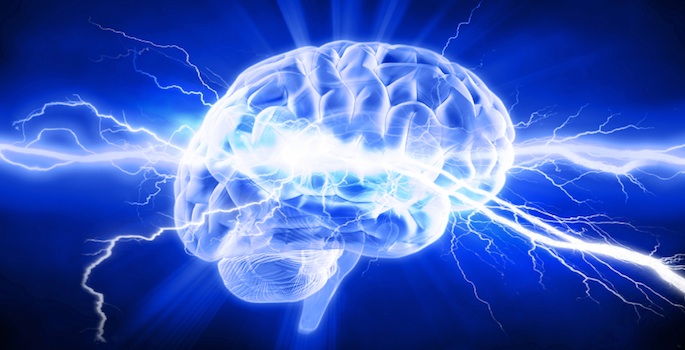
Landmark book ‘Law and Neuroscience’ released
The new book 'Law and Neuroscience' is the definitive reference book on the use of neuroscientific evidence in courtrooms. Read MoreSep 5, 2014
-

Fault trumps gruesome evidence when it comes to meting out punishment
A new brain study has identified the brain mechanisms that underlie our judgment of how severely a person who has harmed another should be punished. Read MoreAug 3, 2014
-

Federal judges to recharge at Vanderbilt Law School
Federal judges will reflect and learn at a Vanderbilt seminar designed to help them meet the extraordinary demands, both personal and professional, of their work. Read MoreMar 14, 2014
-

Chimpanzees Demonstrate ‘Endowment Effect’ Trait
It turns out that chimpanzees behave much like humans in displaying the controversial trait known as the “endowment effect,” which has implications for law. The endowment effect causes people to consider an item they have just come to possess as higher in value than the price they would have paid just a moment before. Read MoreJan 11, 2013
-
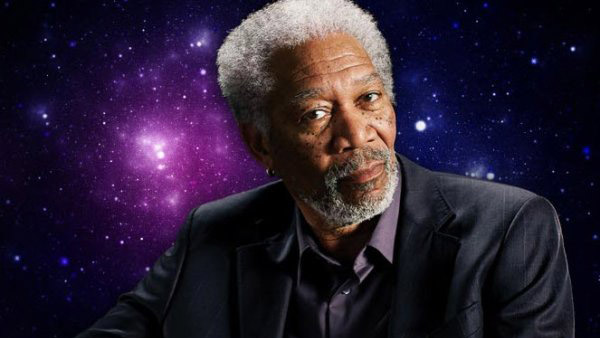
VUCast: Through the Wormhole
This Week on VUCast, Vanderbilt’s online newscast: Vanderbilt goes “through the wormhole” How voters are getting their say on political attack ads From the desert to the dugout… Who ya with? [vucastblurb]… Read MoreAug 10, 2012
-

Evolutionary perspective illuminates controversial economic theory
Groundbreaking new research in the field of “evolutionary analysis in law” not only provides additional evidence that chimpanzees share the controversial human psychological trait known as the endowment effect – which in humans has implications for law – but also shows the effect can be turned on or off for single objects, depending on their immediate situational usefulness. Read MoreJul 5, 2012
-
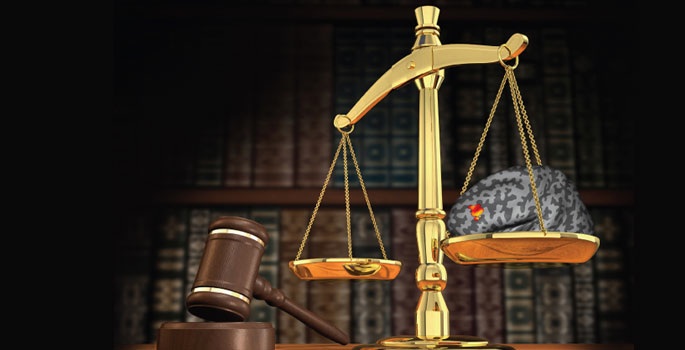
Crime and punishment: the neurobiological roots of modern justice
Neuroscientists from Vanderbilt and Harvard have proposed the first neurobiological model for third-party punishment, outlining potential cognitive and brain processes that evolutionary pressures could have re-purposed to make this behavior possible. Read MoreApr 18, 2012
-
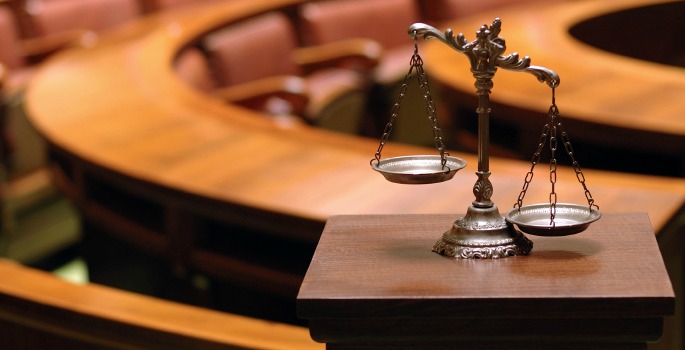
Groundbreaking legal research shows potentially serious failures in the Model Penal Code
Groundbreaking new legal research from a team of Vanderbilt University and other researchers suggests that juror confusion over how to apply the Model Penal Code in criminal trials could cause major, unnoticed and life-altering sentencing errors. Read MoreDec 1, 2011
-

Innovative Vanderbilt joint degree combines neuroscience and law
Applications are being accepted for the second class of Vanderbilt University’s innovative Ph.D/J.D. program combining the study of law and neuroscience. Vanderbilt launched the first such program in the country in 2010 when it enrolled Bowdoin College alumnus Matthew Ginther to be the first to take on the challenging curriculum that alternates classes at Vanderbilt Law School and the university’s graduate program in neuroscience. Read MoreNov 17, 2011
-
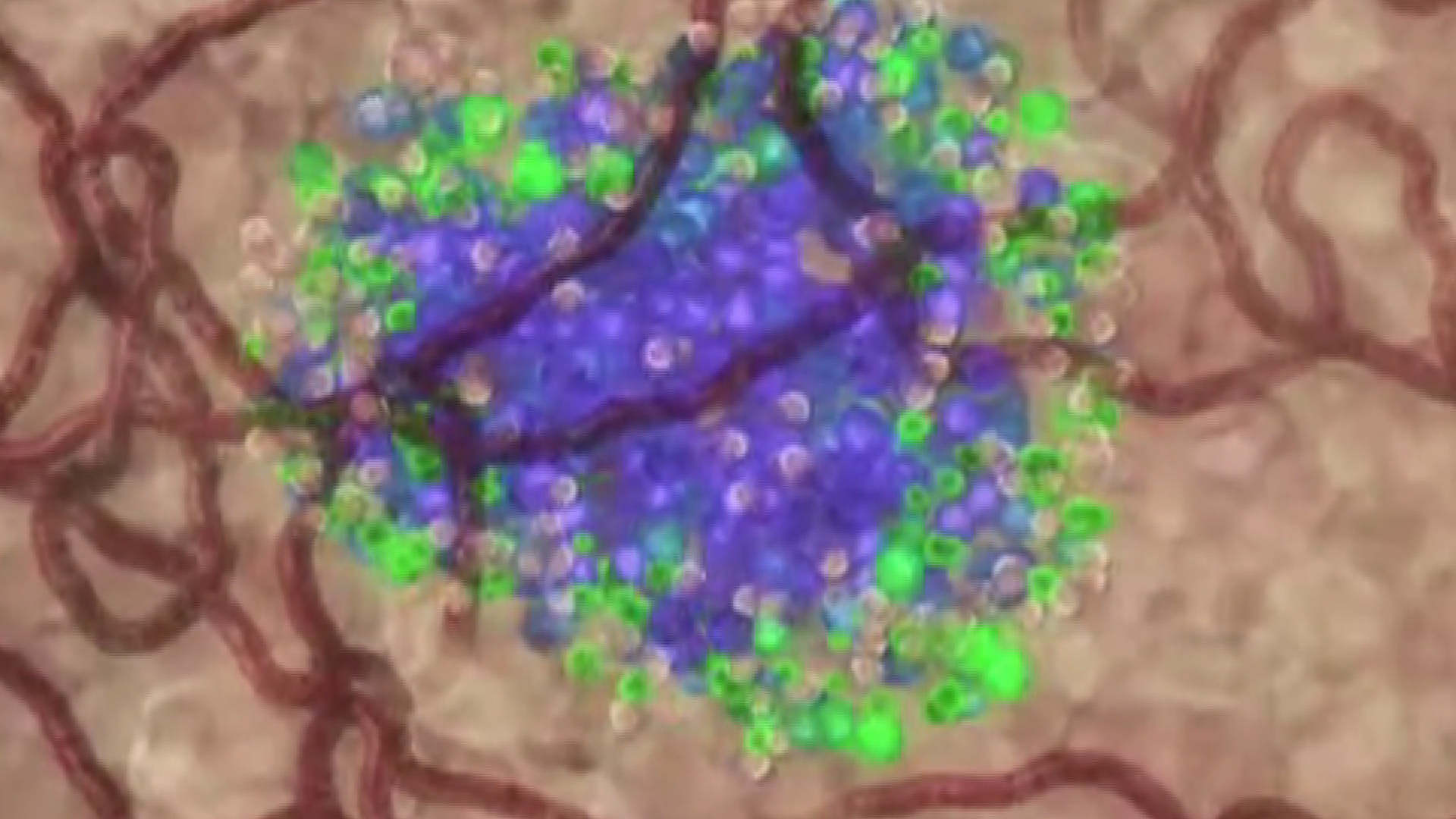
VUCast: Future diabetes vaccine?
Vanderbilt leads the nation in a breakthrough drug study that may prevent type-1 diabetes! Plus, how studying the brain could impact criminal law. And a special tribute on the anniversary of 9/11. [vucastblurb]… Read MoreSep 12, 2011
-
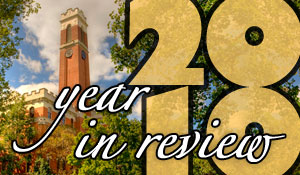
-

Landmark national project on law and neuroscience to be based at Vanderbilt
Vanderbilt University professor Owen Jones, who is one of the nation’s few professors of both law and biology, has been named director of the national Law and Neuroscience Project, which will now be headquartered at Vanderbilt. Read MoreJul 20, 2010